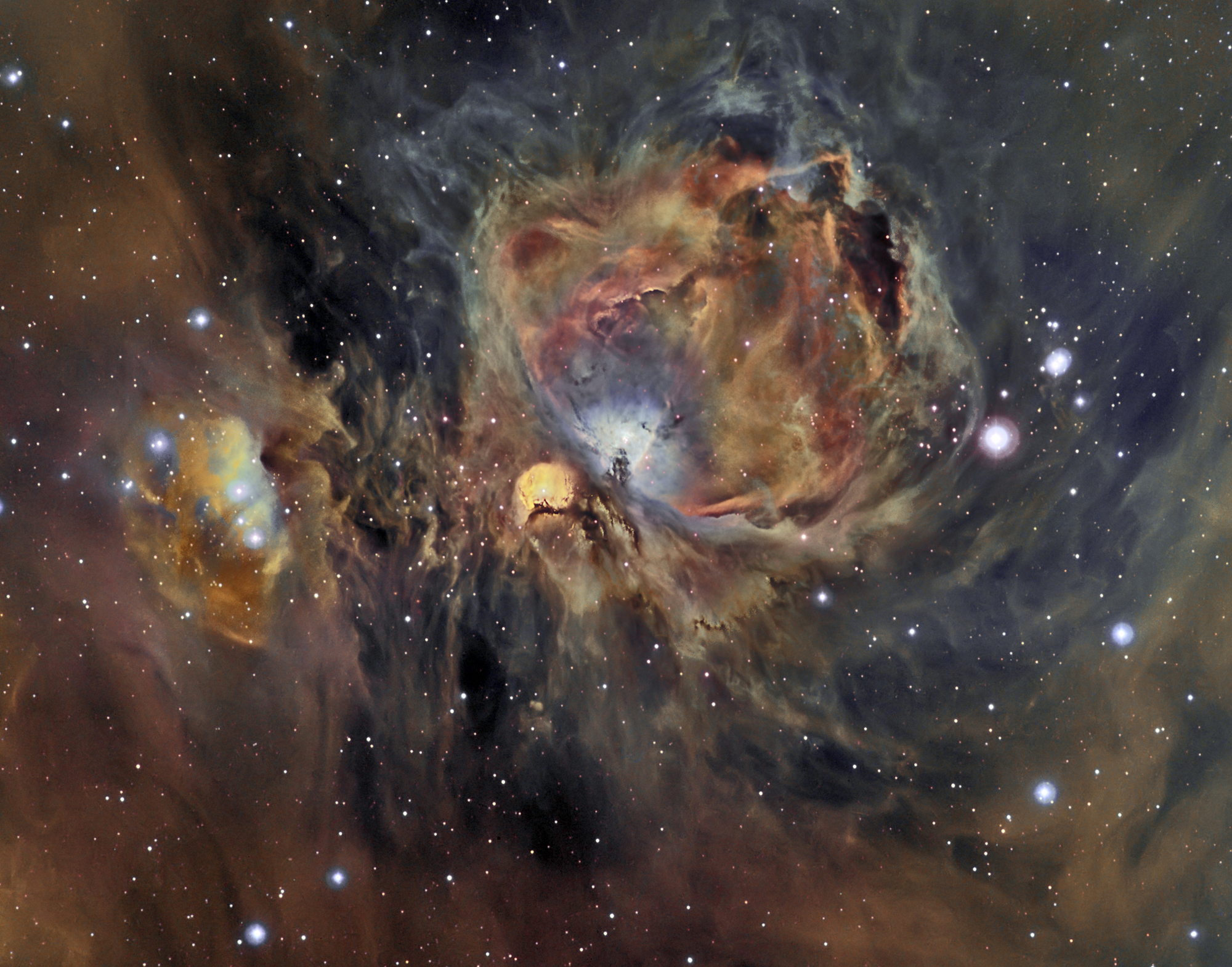How Much Do We Know?
I've finished the first round of editorial revisions to Catherine of Lyonesse, so I'm back to these haunts again after a somewhat excessive absence.
The question in the title has come up here before, though my Google fu falls short of finding all relevant links, but it at least appears in the comment thread to this post from a couple of years ago.
It was brought to mind by an email from a friend (actually, my brother-in-law, who reads cosmology and theology for pleasure), with the following quote, from theologian Karl Rahner:
"...what is called knowledge in everyday parlance, is only a small island in a vast sea that has not been traveled... Hence the existential question for the knower is this: Which does he love more, the small island of his so-called knowledge or the sea of infinite mystery?"Vast untraveled seas should be near and dear to the hearts of most readers here. For, whatever formal arguments we make, isn't this the core motivation for interest in space travel?
So ... how much do we know? Obviously we know almost nothing about the details of the Universe. The Kepler mission has not yet found an Earth equivalent (in size, mass, and relative orbital distance from its primary). It has found several near-misses, and those are out of a very limited survey. Even with instantaneous anywhere-to-anywhere travel, however, an exhaustive search for earthlike worlds would be ... exhausting.
The more immediate question is how much we know in broad outline, or to put it another way, how much do we know at the level of basic physics. Do we know a lot? Or only a tiny part of what there is to be known, even on a general level?
As often happens here, there are cogent arguments to be made in both directions. As also often happens here, the arguments for each position are not simply contrary, but more nearly orthogonal to one another. The arguments differ on a meta level.
Thomas S. Kuhn, author of the Structure of Scientific Revolutions, has much to answer for when it comes to political and bizz-speak cliches: He launched the word paradigm on its course of infamy. But his core insight was that major developments in the sciences do not just extend our understanding: They transform it.
This insight suggests in turn that just as Einstein supplanted Newton, who supplanted Aristotle, so the next physics revolution should supplant Einstein. Familiar realms will still be well approximated by the older physics. (When your car runs out of gas, its behavior is Aristotelian, not Newtonian.) But entirely new realms will be opened.
The strongest contrary argument (that I am aware of) does not try to refute this point, but instead seeks to render it nugatory. Why should we expect 'the next physics revolution'? Until nearly Einstein's day, fundamental physics was essentially a hobby; since his day it has been an industry.
Once lots of smart people put enormous effort into something, chances are they will figure it out pretty well. The Age of Exploration relentlessly stripped the map of its Here be Dragons blank spaces. The Lost Civilization subgenre of Romance, contemporary with the dawn of SF, was its last gasp.
Parallel reason suggests that if a century of industrial-scale physics research has not superseded Einstein, perhaps the reason is that Einstein essentially got it right. Which is a something of a bummer for FTL (even if FTL is not absolutely precluded), and a bummer on a broader philosophical level as well.
On the third hand ... so far as I can tell, there is a good, robust reason to think that Einstein did not essentially get it right. Proviso that I am going way beyond my physics pay grade here, but I am given to understand that General Relativity and quantum theory are mutually contradictory. On a fundamental level, that is, they cannot both be right.
Indeed, more than that, they must both be wrong - because if either one were valid, we could either dispense with the other or else reconcile them.
God, as Einstein supposedly said, does not play dice with the Universe. To which one famous response is supposed to be, Not only does He play dice, but He throws them where we can't see them. (Another response, attributed to Neils Bohr, was "Stop telling God what to do.")
In short, our fundamental physics is a cobble. It is a magnificent cobble, but still a cobble, a world-view or Universe-view constructed out of contradictory and necessarily flawed theories.
I find this quite refreshing, because on some conceptual level it restores the blank space to our maps. Superseding the muddle of General Relativity and quantum theory may be exceedingly difficult - almost certainly is, since a lot of bright people have been trying to do so for three generations, so far without success. But our physics is still a muddle.
To be sure, this does not necessarily mean that any 'next physics revolution' is awaiting us, even in principle. Theists, at least, can fall back on what the Evil Website calls Bellisario's Maxim: Don't examine this too closely. Though I am not sure how comfortable orthodox believers in the Abrahamic faiths would be with a God who, like mortal SF writers, handwaves His way past contradictions in world building.
Anyway, that would make the Universe even more mysterious.
Discuss:
Whether or not the Universe is ultimately mysterious - or even whether or not we already have learned much about its basic workings, it is is certainly full of Cool Stuff. The image comes from Astronomy Picture of the Day (APOD).


